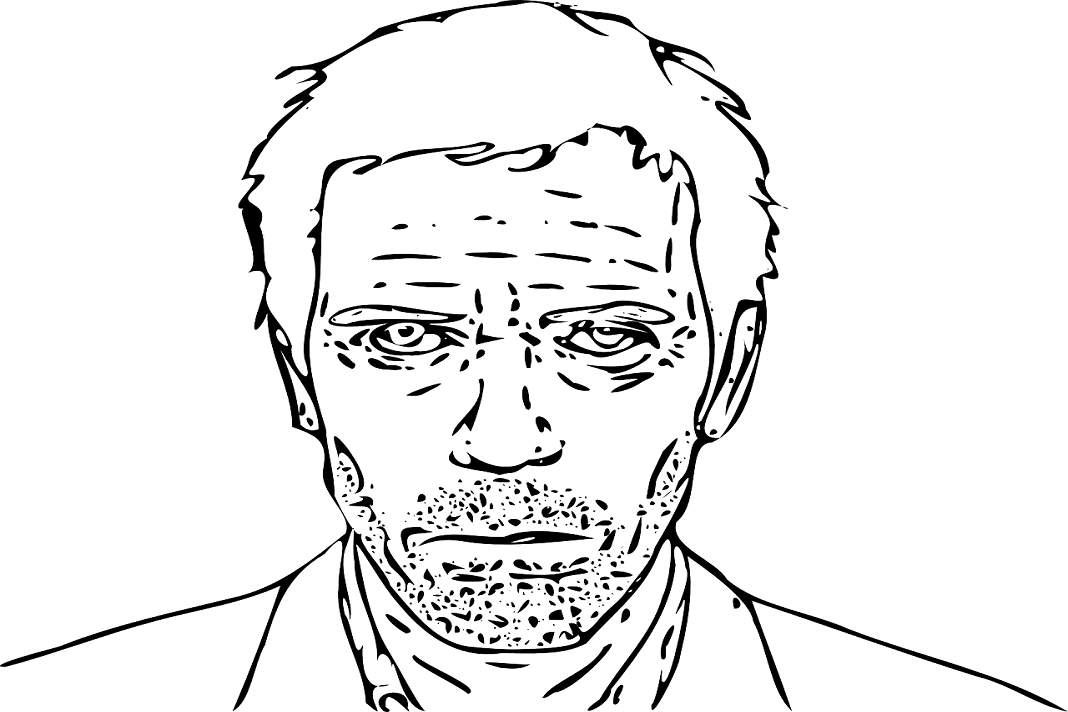In the post-Sputnik era, science was king—or so says Peter Agre as he recalls the golden age of science. But, when is it wise to dismiss the “ivory tower” mentality of science and doctors?
Maybe. Just maybe … Caleb’s journey of living with primary sclerosing cholangitis (PSC) has some advice to follow.
Caleb’s PSC story chronicles his life as he manages this chronic, or long-term, disease that slowly damages the bile ducts. PSC advances very slowly. Many patients may have the disease for years before symptoms develop. Symptoms may remain at a stable level, they may come and go, or they may progress gradually.
And Caleb’s details really motivate a person to think about patient advocacy since there is no cure or specific treatment for PSC.
So, let’s dabble with the idea of second opinions. Caleb even addresses the concern, “My parents wanted to get a second opinion and ended up seeking the advice of a naturopath/biochemist who came with high recommendations.”
Sometimes, it’s tough to take the hard edge off research, the medical field, and especially doctors. But, maybe we should think and affirm that in the big scheme of things —we are all human beings.
Let’s climb down from that ivory tower and talk second opinions:
- What situations demand a second opinion?
- How should you ask for a second opinion?
- Should you always tell your doctor if you’re seeking a second opinion?
- Should you ask your doctor to recommend someone for a second opinion?
- What if your health plan doesn’t say anything about how it covers second opinions?
When we go to the doctor with a medical problem, we want answers.
Like most people, we trust our doctors to deliver an accurate diagnosis, and we are reluctant to second-guess their judgment. After all, they wear the white coat with the expensive degree under the belt.
BUT, from Caleb’s PSC journey, we can see a living contrast.
When? Where? Why? How? All individual questions that warrant personal evaluation. I encourage you to think about it. Be empowered to do so.







